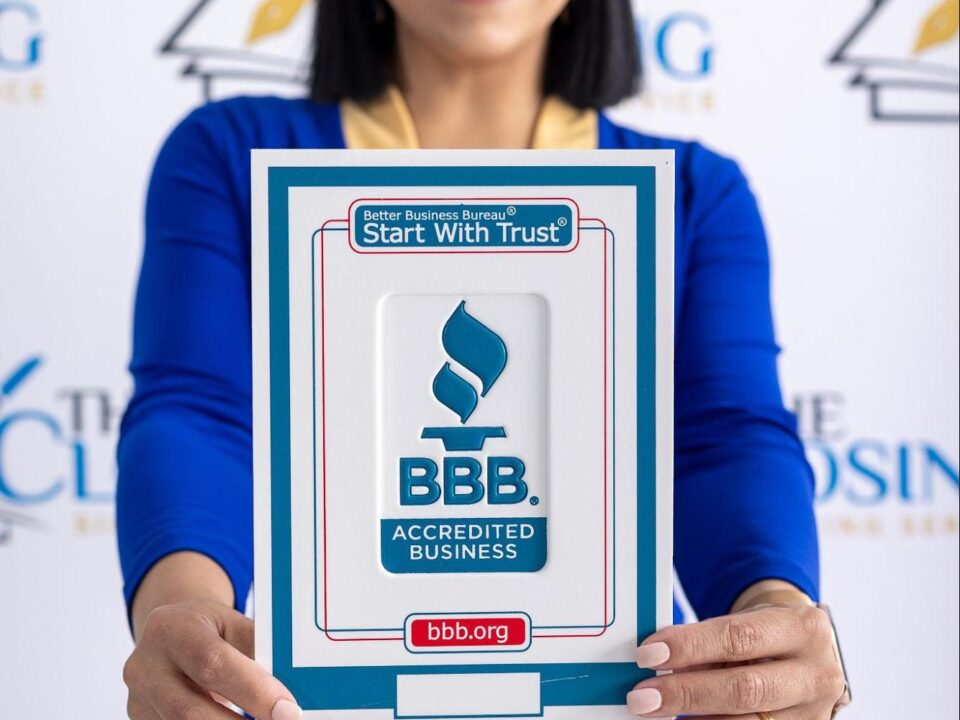
Notary Laws by State: Why Commissioning State Rules Always Apply in Real Estate Closings
April 1, 2025
When Documents Arrive Late or Incomplete: How to Navigate Closing Challenges with Patience and Professionalism
June 4, 2025
The Silent Deal Breaker That Could Derail Your Next Closing
When the ID Doesn’t Match, the Deal Doesn’t Close
It’s 6:45 p.m. on a Friday.
The borrower is at the kitchen table, smiling, relieved that closing day has finally arrived. The notary is punctual, the paperwork is printed and prepped, and the transaction is minutes away from being sealed.
Then, the notary asks for ID.
They take one look and freeze.
The license has expired. Or the name doesn’t match the loan documents. Or maybe it’s a form of ID that isn’t valid for notarization under the borrower’s state law.
Just like that, the closing stops.
No signatures. No disbursement. No celebration.
Only frustration, delays, and a whole lot of finger-pointing.
Why This Happens, And Why It Shouldn’t
These issues are more common than most mortgage professionals realize.
At The Closing Signing Service, we’ve seen it all:
🔹A borrower presents an expired ID, unaware that it’s no longer legally valid.
🔹A signer uses a nickname in the loan documents that doesn’t appear anywhere on their government-issued ID.
🔹Or someone hands over a foreign passport, assuming it’s acceptable, not realizing that some states require additional documentation, translation, or even a USCIS stamp for it to be valid for notarization.
Here’s the bottom line: Notaries are legally required to follow their state’s specific ID laws. They are not allowed to use “best judgment,” override state regulations, or make exceptions, even if the closing is urgent or the borrower seems credible.
If the ID doesn’t meet the legal standard in that state, the notarization must not proceed.
A Signing Team That Safeguards Your Business
You don’t have time for surprises on signing day, and neither do your borrowers. That’s why our team at The Closing Signing Service is trained to anticipate issues before they become problems.
Here’s how we help protect your transactions:
✅ State-Trained Notaries – Every notary we assign is thoroughly trained on the ID requirements specific to their state.
✅ Pre-Signing ID Awareness – While we do not directly inform borrowers about ID requirements, we coordinate with title companies and attorneys who do. Our notaries are then responsible for verifying that the ID meets legal standards at the signing.
✅ State-Specific Protocols – We maintain up-to-date internal guidelines to help notaries quickly identify acceptable and unacceptable forms of identification.
✅ Accountability at Every Step – From scheduling to signing to document drop-off, our team is constantly focused on compliance, accuracy, and client experience.
Because when something as simple as an ID mismatch delays a transaction, it reflects poorly on everyone involved.
Action: Eliminate ID Surprises from Your Closings
If you’ve ever had to reschedule a closing because of an ID issue, you know how disruptive it can be for your client, your team, and your funding timeline.
Let us help you eliminate that risk.
At The Closing Signing Service, we deliver notaries who are reliable, trained, and legally aligned with state-specific regulations, so your transactions close smoothly and your clients stay happy.
Because when you partner with professionals who understand ID laws, you protect more than just the transaction; you protect your reputation.
👉 Ready to protect your closings from costly ID delays? Contact us today and let’s ensure every signing ends with a success, not a surprise.




